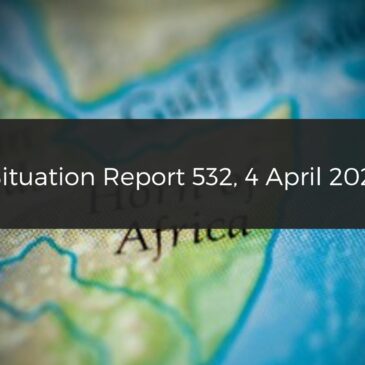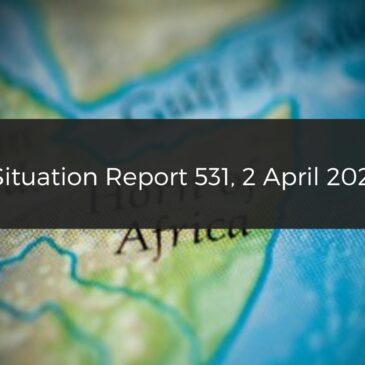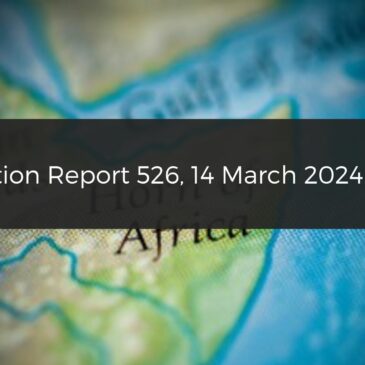Situation report: Ethiopian ambassador expelled from Somalia; Sudan suspends three satellite channels; Irob residents forced to obey rules by Eritrea
posted in: Africa, African Union, Amnesty International, Asylum Seekers, Bombing, Coast guards, Eritrea, Ethiopia, European Parliament, European Union, Greece, Horn of Africa region, Human Rights Council, Journalists, Mediterranean Sea, Migration, RSF, Situation report, Situation Reports, Somalia, Somaliland, South Sudan, Sudan, Tigray |
0
SITUATION REPORT – HORN OF AFRICA & NEWS HIGHLIGHTS
No. 532 – 4 April 2024




